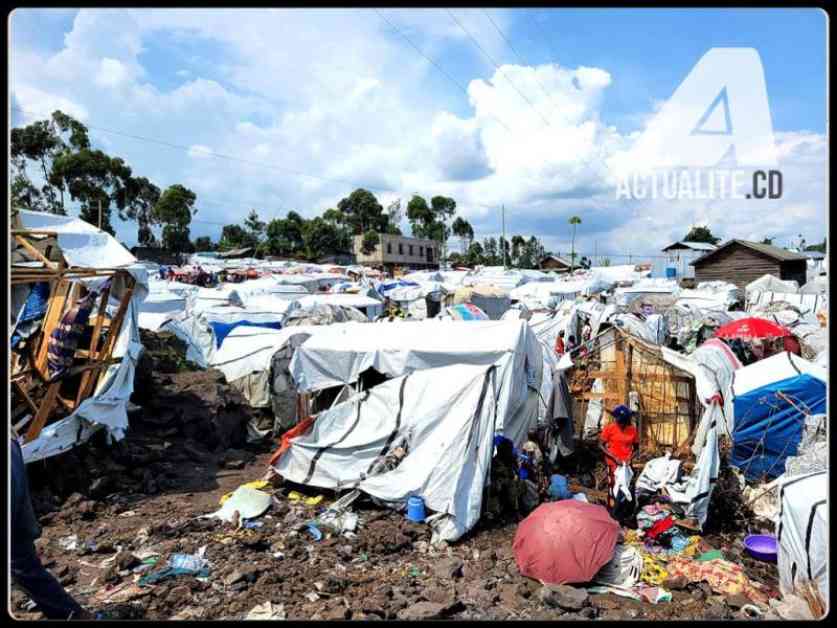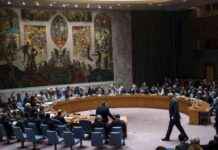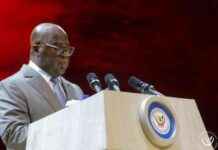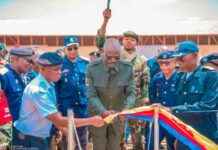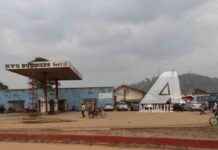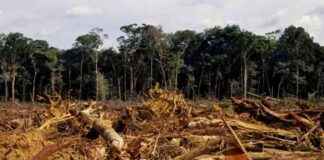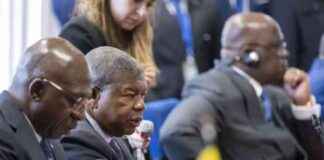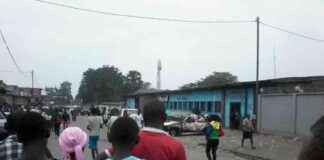State of Emergency in DRC: Felix Tshisekedi Defends Decision Against Rwanda’s Expansionist Threats
The sociopolitical landscape in the Democratic Republic of Congo has been defined by the recent report of the evaluation mission of the state of siege conducted by Prime Minister Judith Suminwa Tuluka in the provinces of North Kivu and Ituri. During an extraordinary Council of Ministers meeting held on Wednesday, January 15, 2025, President Félix-Antoine Tshisekedi revealed that the state of siege is still considered a “necessity” in this part of the country due to Rwanda’s expansionist aspirations through its M23 allies.
President’s Call for Action
President Tshisekedi urged the government to provide him with a roadmap within 15 days to gradually end the state of siege while ensuring the security and stability of the affected regions. This comes in response to the need to alleviate the exceptional effects of the state of siege while addressing the ongoing security concerns posed by the M23-AFC-RDF coalition.
Challenges and Unmet Objectives
Despite the implementation of the state of siege in the North Kivu and Ituri provinces since May 2021, the persistent armed violence continues to plague the region. The measure, intended to restore state authority in these areas, has not achieved the desired results. Instead, the number of militias has increased, leading to the occupation and administration of vast territories by the M23 rebellion.
Political Response and Uncertainty
Following a roundtable discussion in Kinshasa involving representatives from both provinces, recommendations were made, including advocating for the lifting of the state of siege. However, concrete actions have yet to be taken. The upcoming parliamentary session will determine how this news will be received by the National Assembly and the Senate. Many lawmakers are calling for the immediate removal of this exceptional measure, while the government continues to legislate on the matter in accordance with the current enabling law in place since last December.
In the midst of these uncertainties, the fate of the state of siege in the DRC hangs in the balance, with political tensions and security concerns looming large. As President Tshisekedi navigates the complex challenges facing the nation, the need for a comprehensive and effective strategy to address the ongoing threats remains paramount. Only time will tell how the situation unfolds and what steps will be taken to ensure the safety and stability of the affected regions.
**Keywords: State of Emergency, DRC, Felix Tshisekedi, Rwanda, M23, Sociopolitical Landscape, Security Concerns, Armed Violence**
